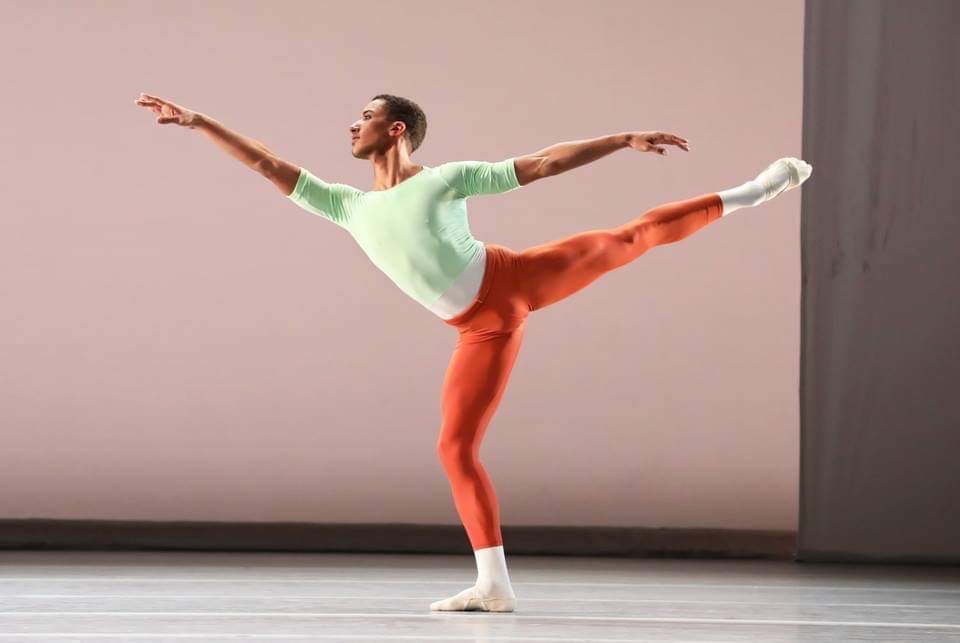What do you do when no one else in the company or the meeting looks like you? We asked entrepreneurs and creatives from across industries and geographies to share their experiences and advice.
Rachel Alger
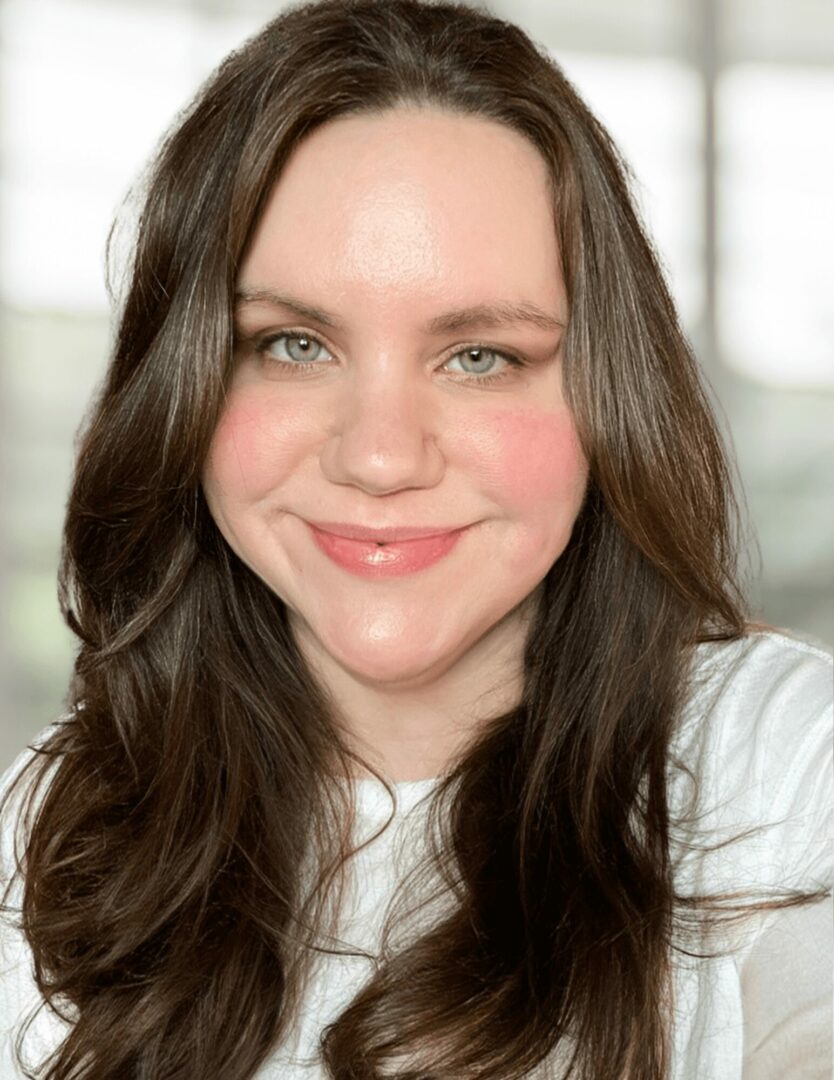
I didn’t set out to become a freelance writer and content strategist—I fell into it after graduate school. The first opportunities came from places like Livestrong, Glossier, POPSUGAR, and various startups that needed a writer but didn’t necessarily know what kind. So I became all of them. I wrote grants, blogs, editorial articles, strategy, books, social content—anything that needed words, really. Read More>>
Kekoa Hager

We have the Hawaiian phrase “i mua,” meaning “to move forward” or “to advance.” I’ve often considered this phrase during challenging and joyful moments. Moving forward isn’t limited to difficult times; it’s also in those cherished moments when you are presented multiple paths. Your conviction in making a decision propels you forward. Read More>>
Shanbri’ Cade
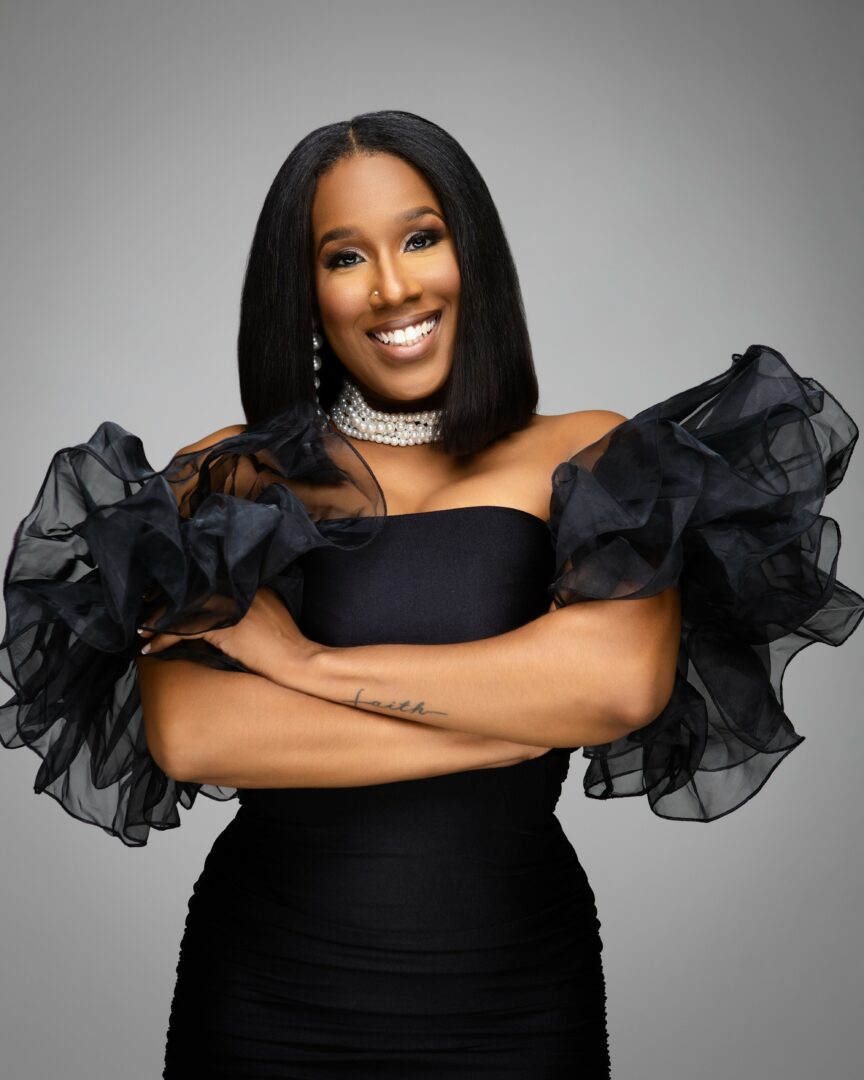
I learned through healthy and positive self image, awareness of my worth, awareness of my value, and confidence in my identity. As a Christian, my foundation is that we were all fearfully and wonderfully created- uniquely. Growing up, I was shy, quiet, and timid but as I matured, I learned to embrace all that embodies who I am. Read More>>
Nicholas R Tanner

Being the only one in the room that looks like you can be both a challenge and an opportunity. My parents instilled in me a strong foundation of morals and values, teaching me the importance of understanding and respecting diverse perspectives. Read More>>
Salina Thompson

This question truly resonates with me. I’ve always believed that the messages we tell ourselves shape our actions. In 1994, I was sitting in music class when my teacher casually asked if I was familiar with the latest Whoopi Goldberg movie. I was the only Black student in the room, and at that moment, I felt exposed and embarrassed. Read More>>
Mary Dunn
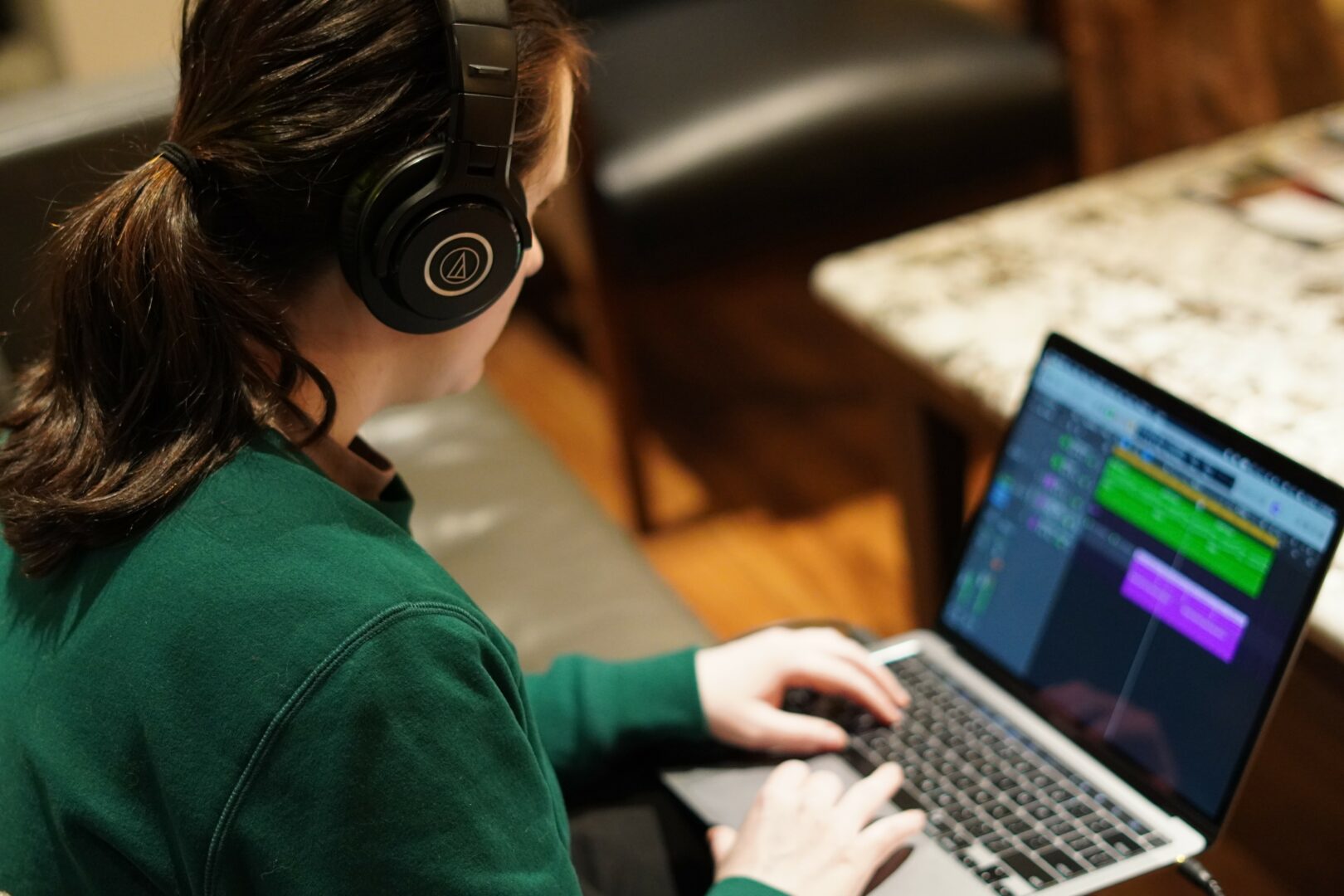
Typically, I am the only woman in the room so it can have its challenges occasionally. So far in my career, I have been extremely fortunate to be surrounded by caring and helpful people who only want to see everyone succeed. Read More>>
Jillian Cruzet
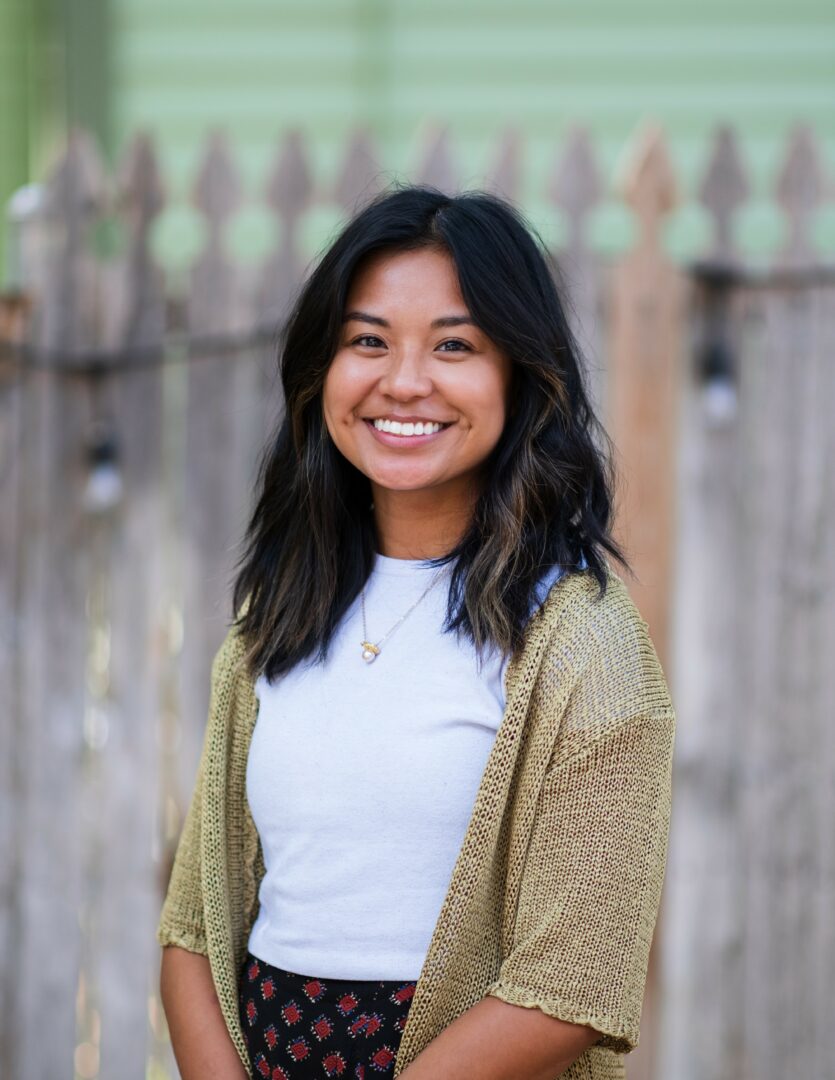
Have you ever thought about what it’s like to be a kid who just discovered that walking on fresh snow leaves footprints behind them? The wonder they must feel! They keep trotting along, glancing back every so often to check if their footprints are still there—proof that they were here, that they made a mark. Read More>>
Jacqueline O’donnell

This question really hits home as a woman in STEM! I think many women struggle with feelings of discomfort and imposter syndrome when they enter a predominantly male-dominated industry. Unfortunately, it’s prevented many women (including myself at points in my life) from exploring opportunities in areas where we don’t see any peers we can relate to, other people who look like us. Read More>>
Katherine Dickson
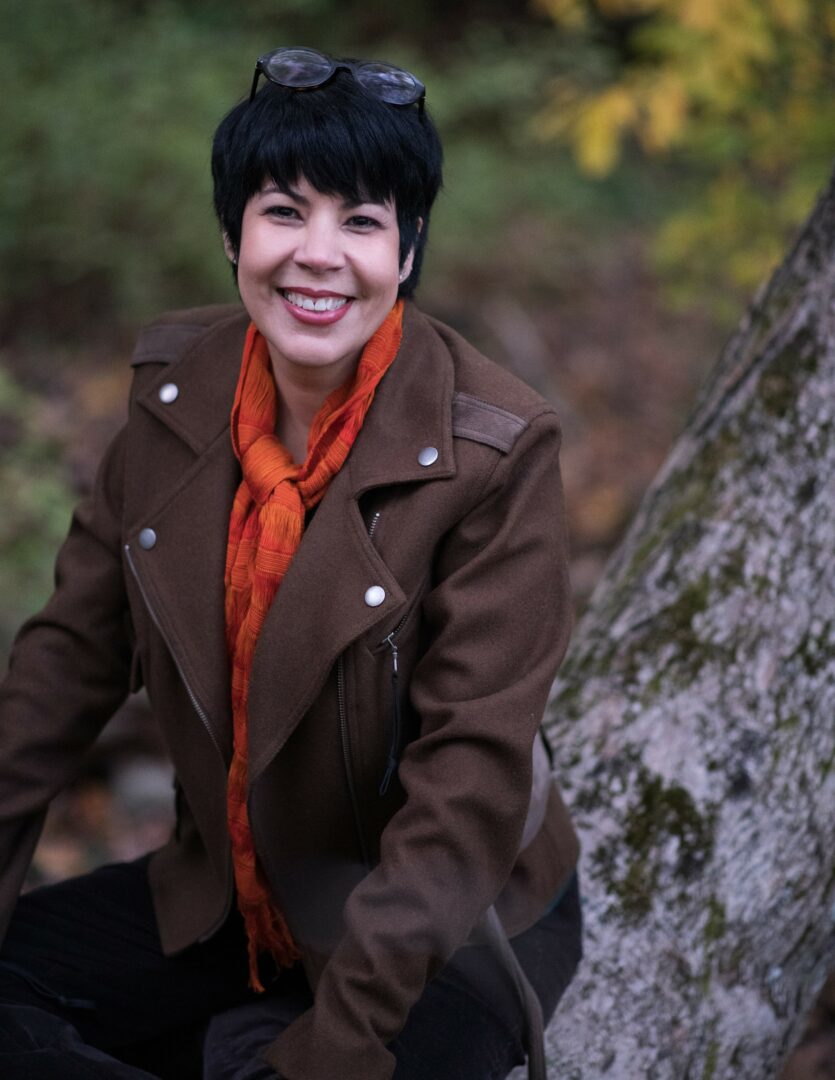
Walking into a room where no one looks like me; where my experiences as a Latina artist, a person with disabilities, and survivor of a Traumatic Brain Injury, aren’t mirrored has never been a limitation. It is my superpower. Read More>>
Joseph Oakley
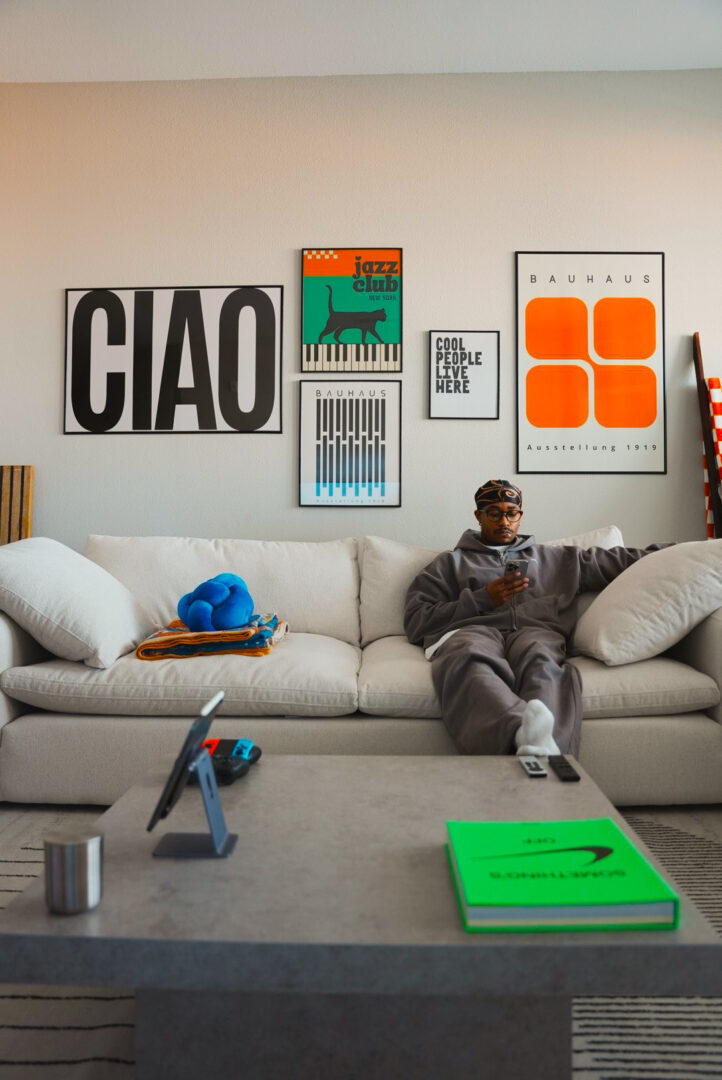
It’s never easy being the only one in the room who looks like me. The pressure can be immense. However, it’s not an environment I’m unfamiliar with. Growing up, I’ve always been different even from those who did look like me. Read More>>
Domini Urban
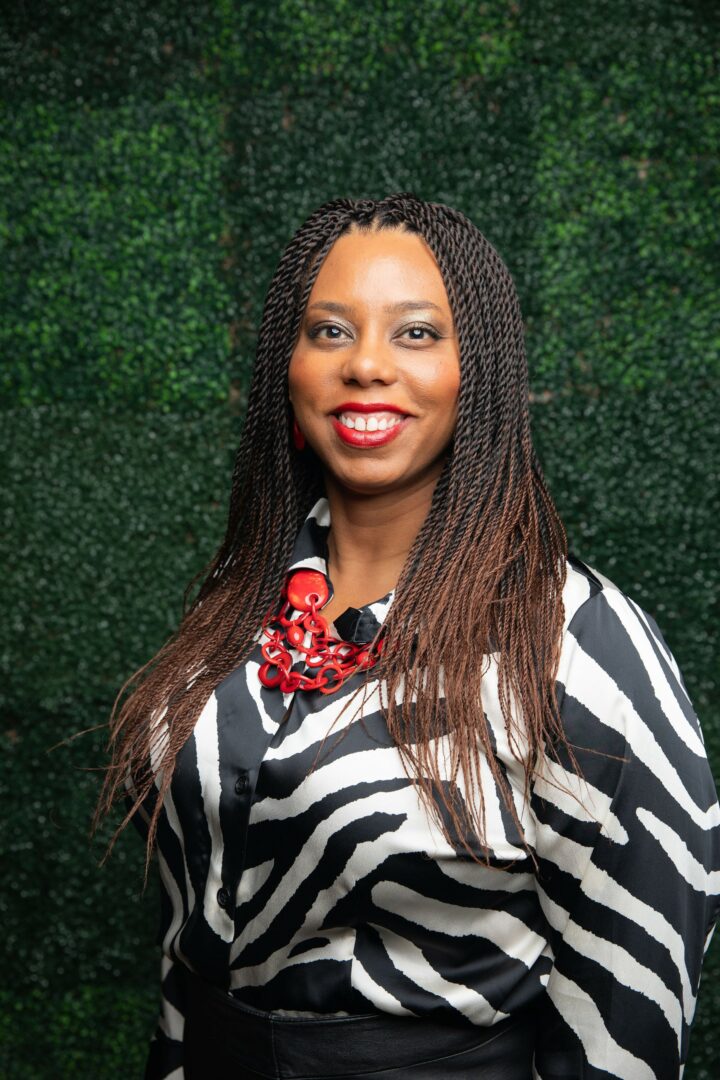
One of my first jobs fresh out of college was selling sports cars- I worked at a large regional dealership, selling Porsches and Audis. I was one of very few saleswomen, and the only black salesperson at the dealership. Read More>>
Jenn Friedline
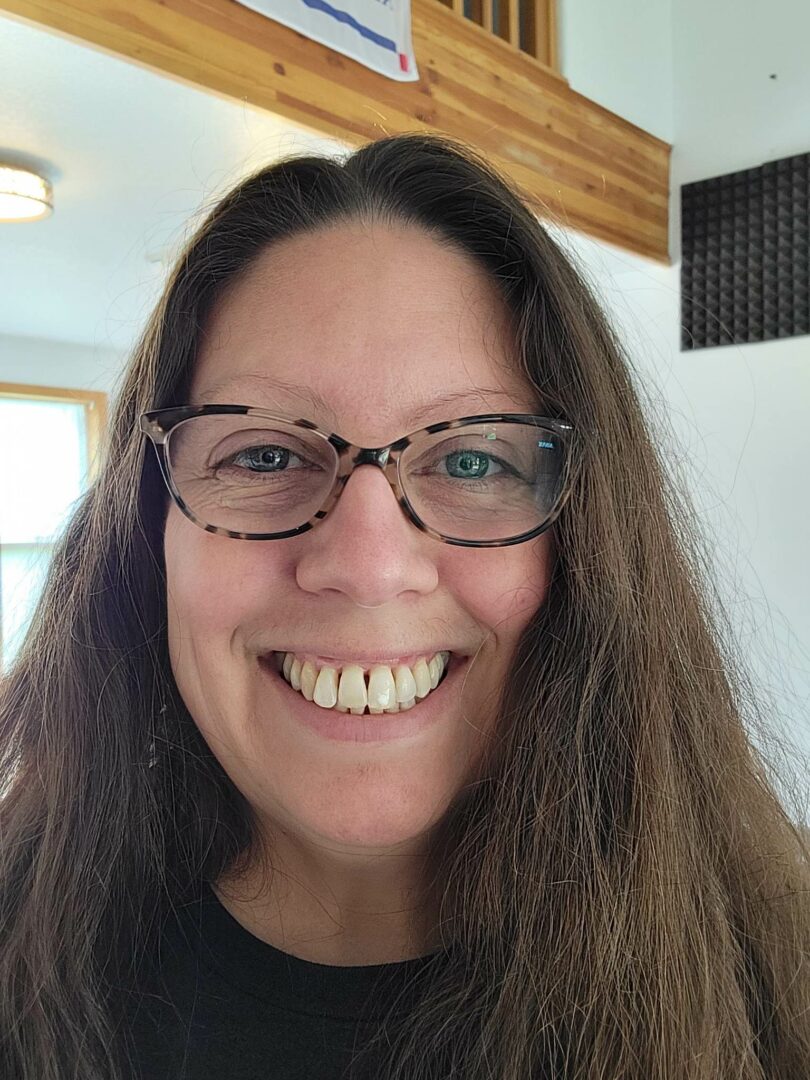
I grew up in a family that was business minded. My Mother was an Active Rotarian. When I started my own business, I knew the impact of in person networking and marketing. Dog training is not regulated, and is still not thought of as a viable career option. Read More>>
Morgan Tempel
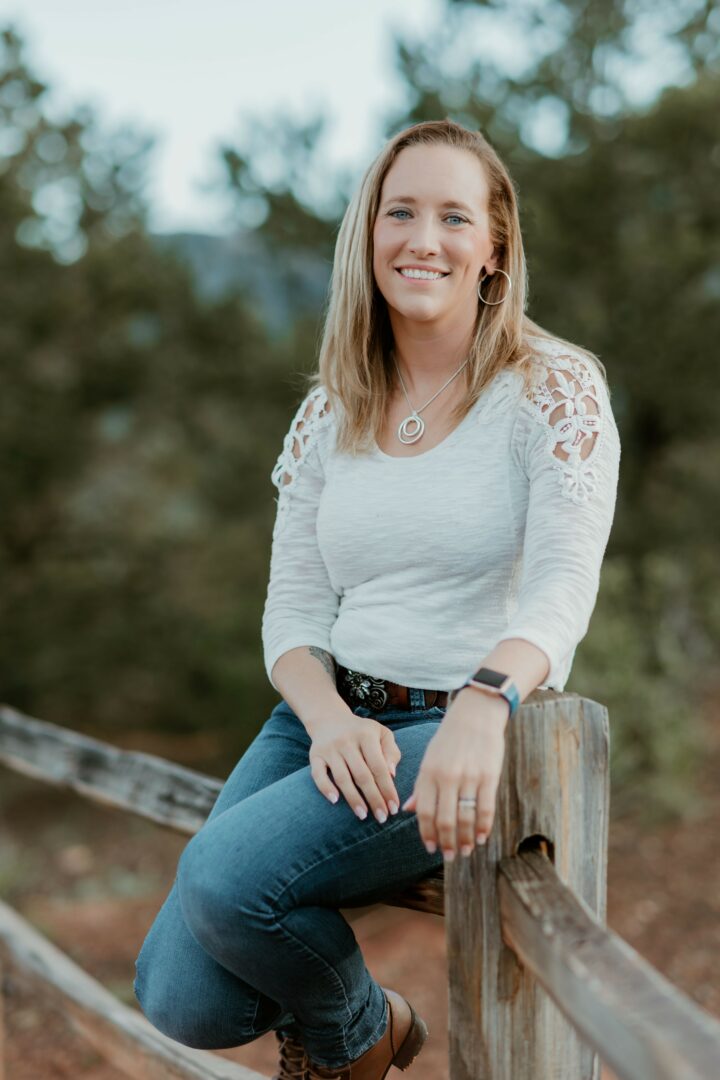
Being the only one in the room—whether it’s as a woman in leadership, a nurse stepping into business ownership, or a lactation consultant advocating in spaces that don’t always prioritize maternal and infant health—has been a defining part of my journey. It can feel isolating at times, but I’ve learned that my uniqueness is also my strength. Read More>>
Katrina Warren
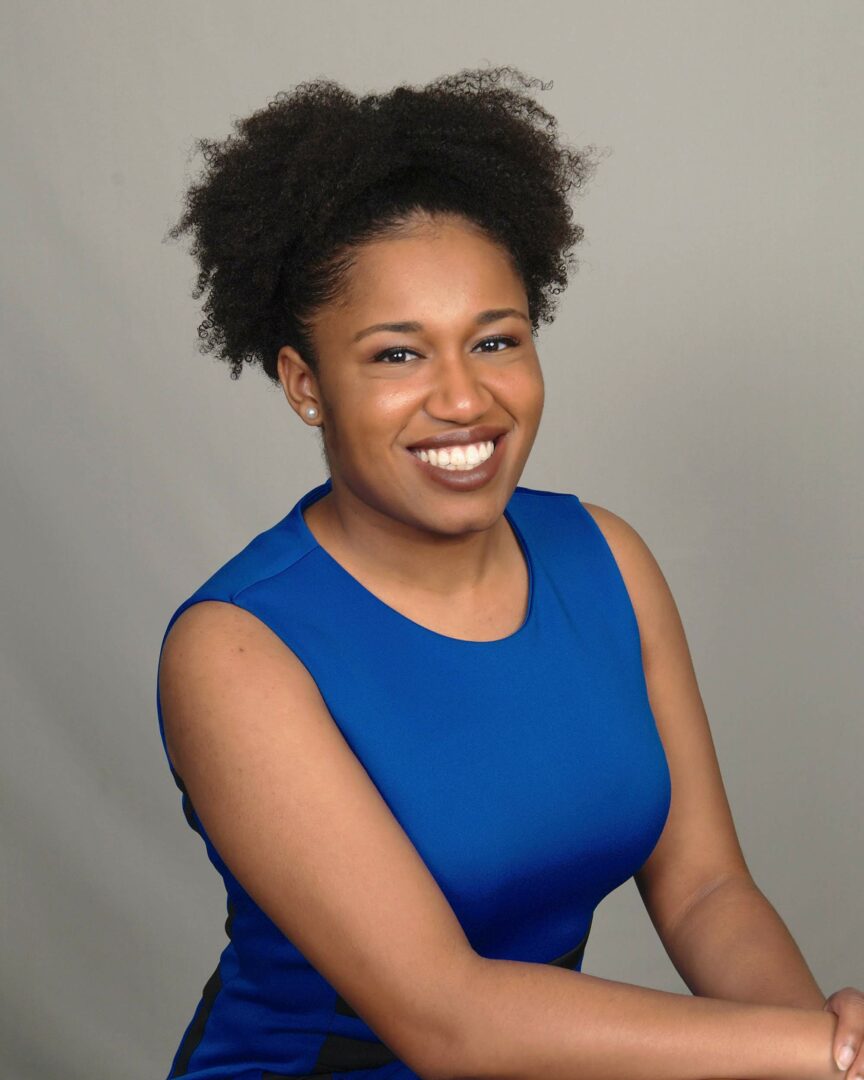
I may be the only one with brown skin and curly hair, but those traits allow me to immediately stand out and be easily remembered. I use my differences to my advantage by creating new stereotypes of excellence to set the next generation of brown and black women up for success. If you are going to naturally stand out, stand in your uniqueness. Read More>>
Tillie Marie
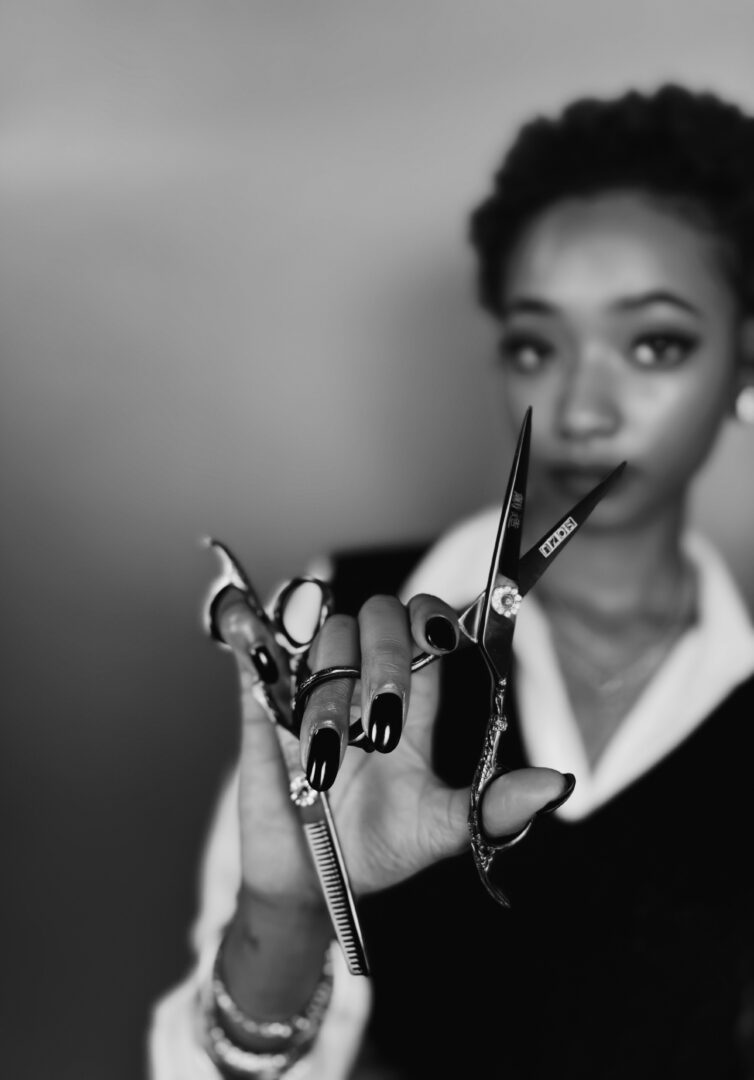
Being the only one in the room has definitely been a challenge, but I’ve learned how to make it work in my favor. At first, it was uncomfortable—I felt like I had to prove myself more than others. But over time, I realized that standing out isn’t a weakness; it’s a strength. Read More>>
Jessie Mead
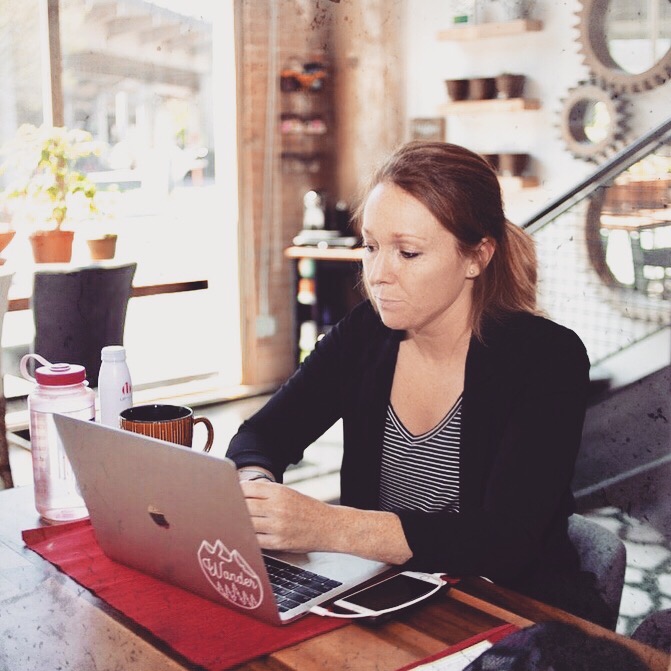
This is such a powerful question, especially in today’s society. Being the only one in the room can feel isolating at times, but it can also be that chance to stand out in ways that others might not be able to (or might be able to do in different ways). Read More>>
Catherine Okubo
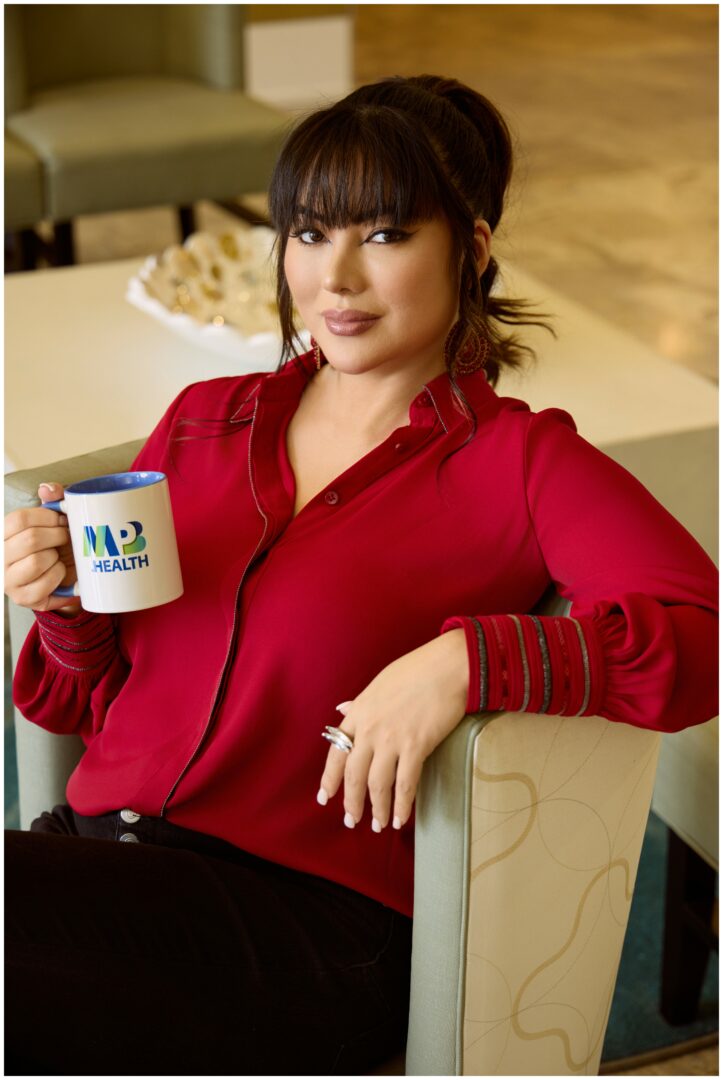
Throughout my business journey, I’ve often been the youngest person in the room and frequently the only woman. Initially, I felt self-conscious and insecure about it, but over time I discovered that these distinctions are powerful assets. Read More>>
Amber Green
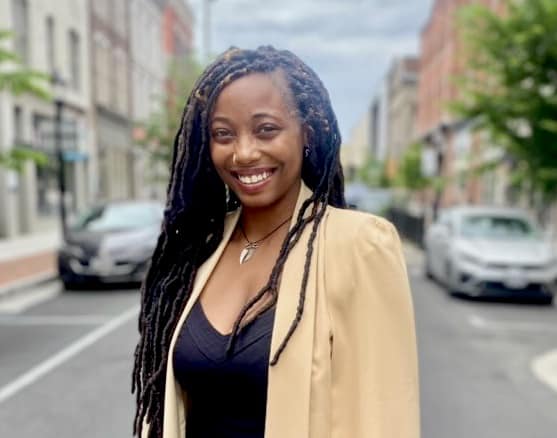
Being the only one in the room has never been easy, but it has taught me resilience, adaptability, and the power of authenticity. I’ve learned to be effective by first grounding myself in my purpose. Whether advocating for unhoused youth, leading Fenix Youth Project, or pushing for systemic change, I remind myself why I am there—even when I’m the only one who looks like me. Read More>>
Charlynn Avery

I have spent my entire life navigating spaces where I was the only one who looked like me. As a transracial adoptee, I was raised in a white family, in predominantly white communities, where I learned early on that I had to bridge cultural gaps to belong. Read More>>
Kristin Marquet
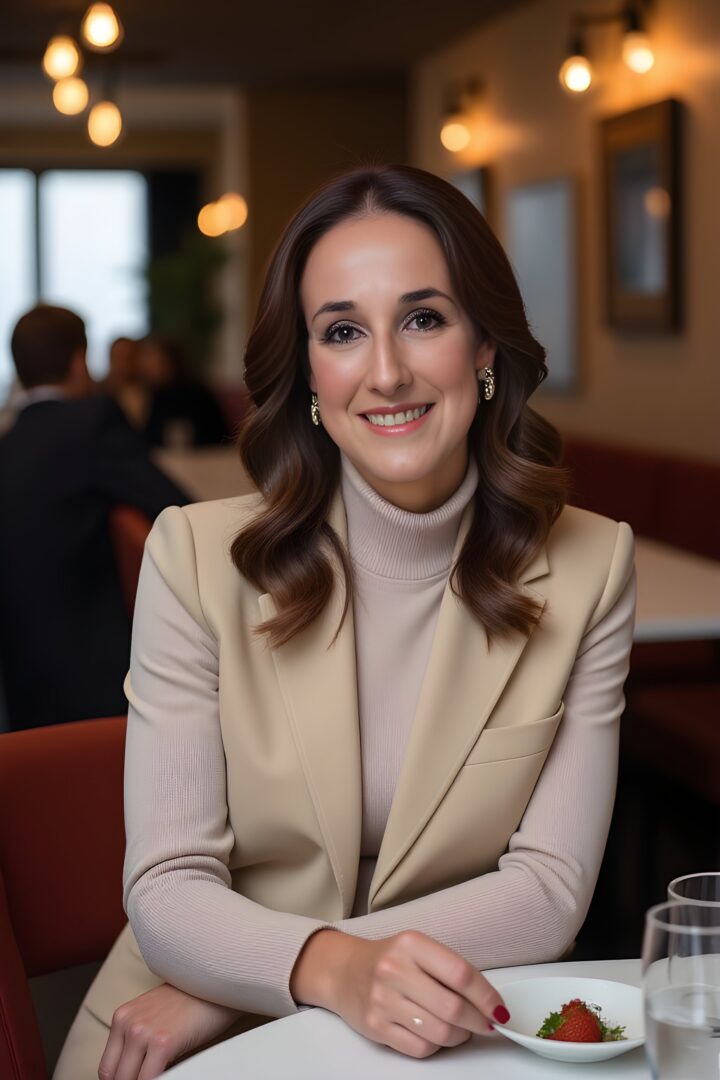
Being the only one in the room is a reality I’ve faced countless times throughout my career—whether in high-stakes business meetings, media panels, or networking events where I didn’t fit the traditional mold. Early on, I realized that instead of shrinking back or trying to blend in, I had to own my presence and turn what made me different into a competitive advantage. Read More>>
Harper Watters
I simply use it to my advantage. Throughout my training and career as a ballet dancer, there were so many times I found myself to be the only one in the room. The only boy, the only dancer of color. The natural reaction for me was to think that my differences were a negative, but my parents and the dancers of colors that I discovered along the way, gave me the confidence to switch that mindset. Read More>>
Edlin Choi
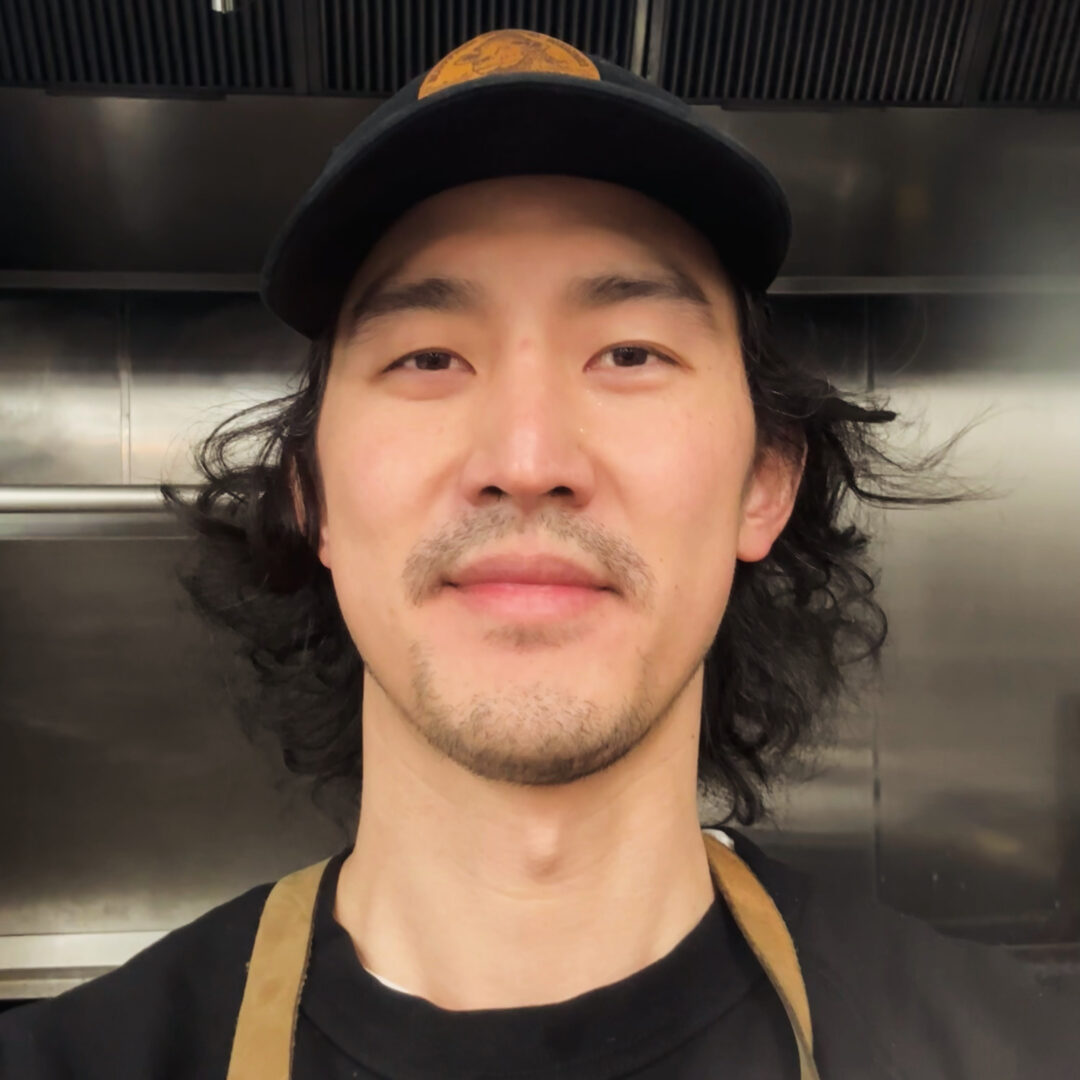
I’m very familiar with being the only one in the room that looks like me. Growing up Korean American in a predominantly white community, my survival mechanism was to keep my head down and work hard. Read More>>
Risper Wangari
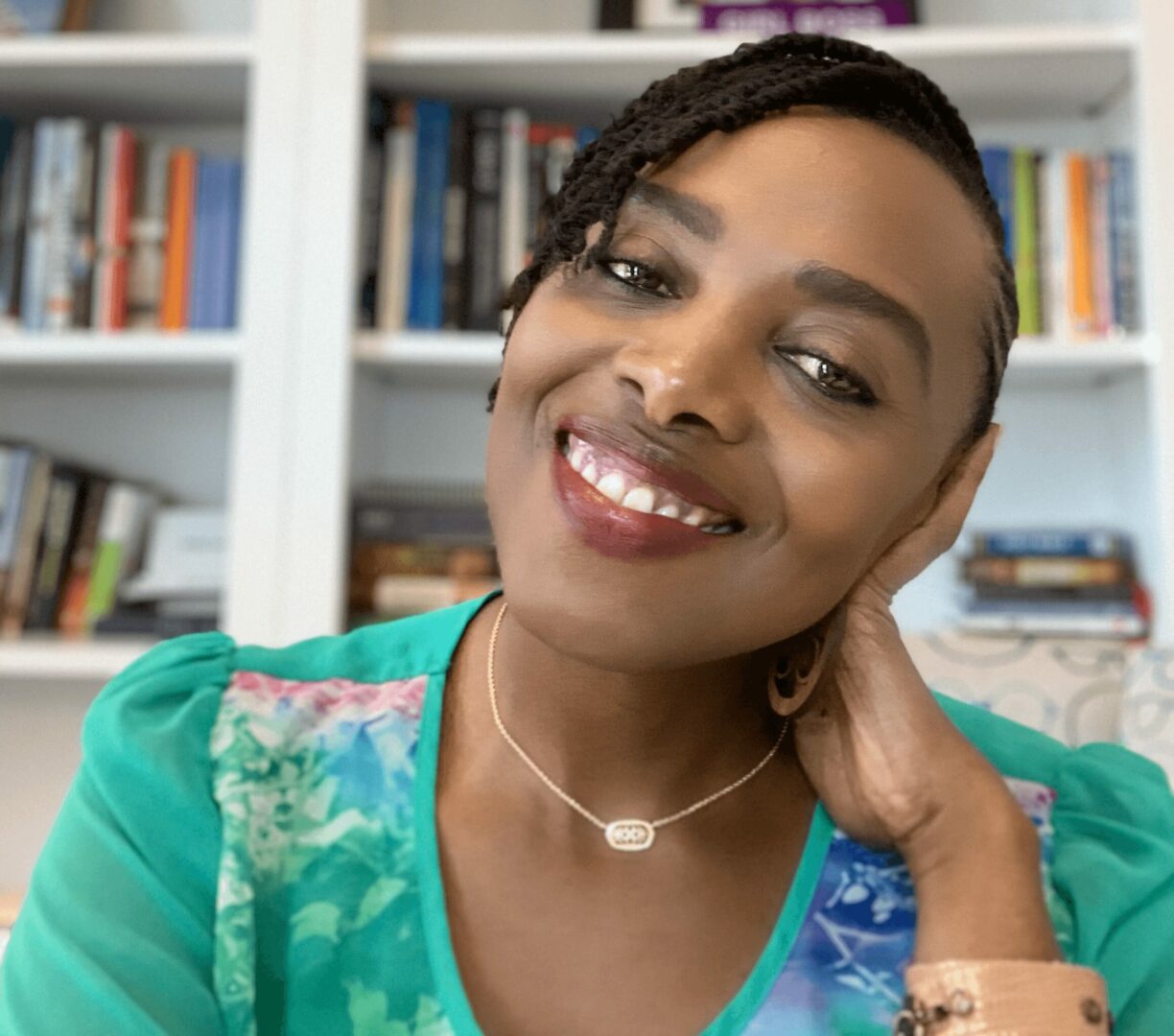
Moving from Kenya to the U.S. was a major transition—everything was different. People didn’t look like me, spoke differently, drove on the “wrong” side of the road, and even something as simple as grocery shopping felt overwhelming with too many choices. Read More>>
Sara Bettinati
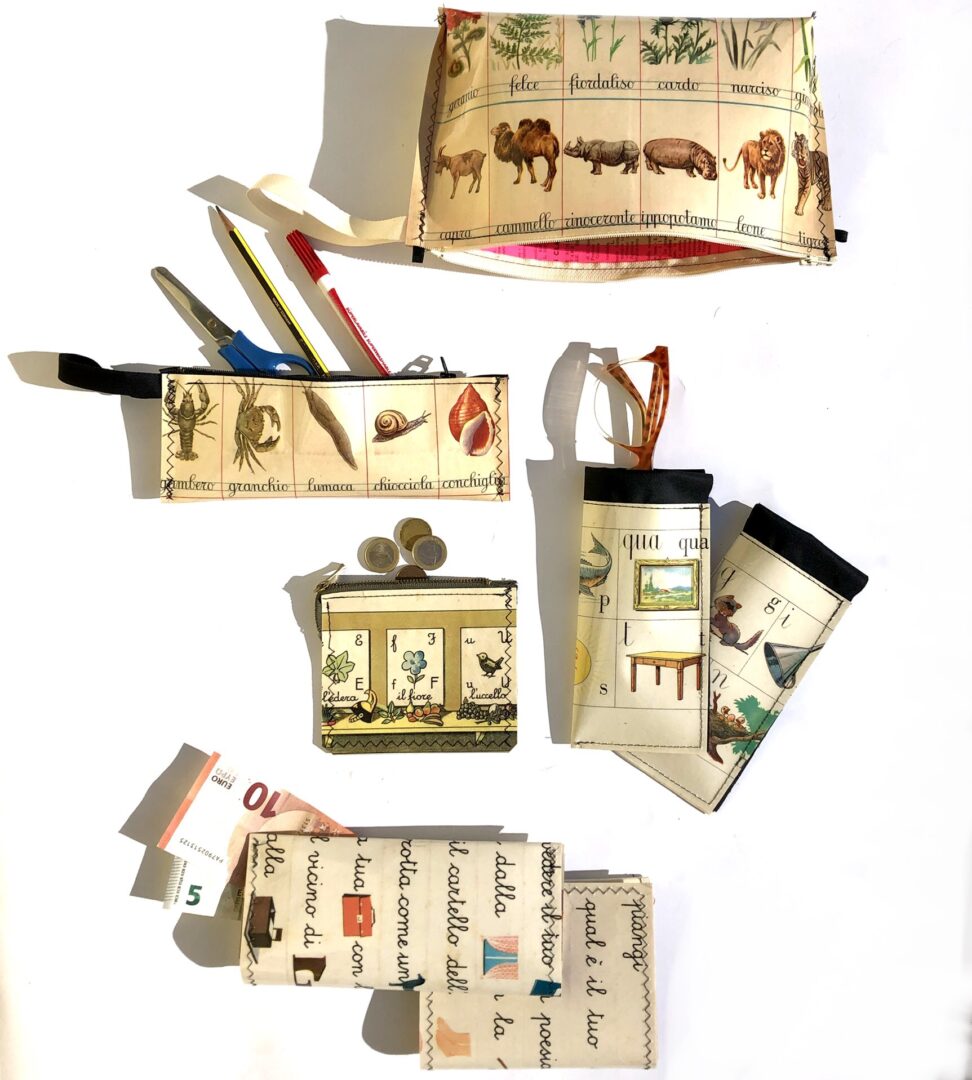
I’ve always wanted to be different from other ones.
So i found a inner, fantasy power to be that way.
And, conseguently i created a job that can be considered different, new, atipic.
I think every person is unique ad deserves a unique piece so i learnt how to use a piece of paper to create wallets, purses, cases. Read More>>
Debora Martini
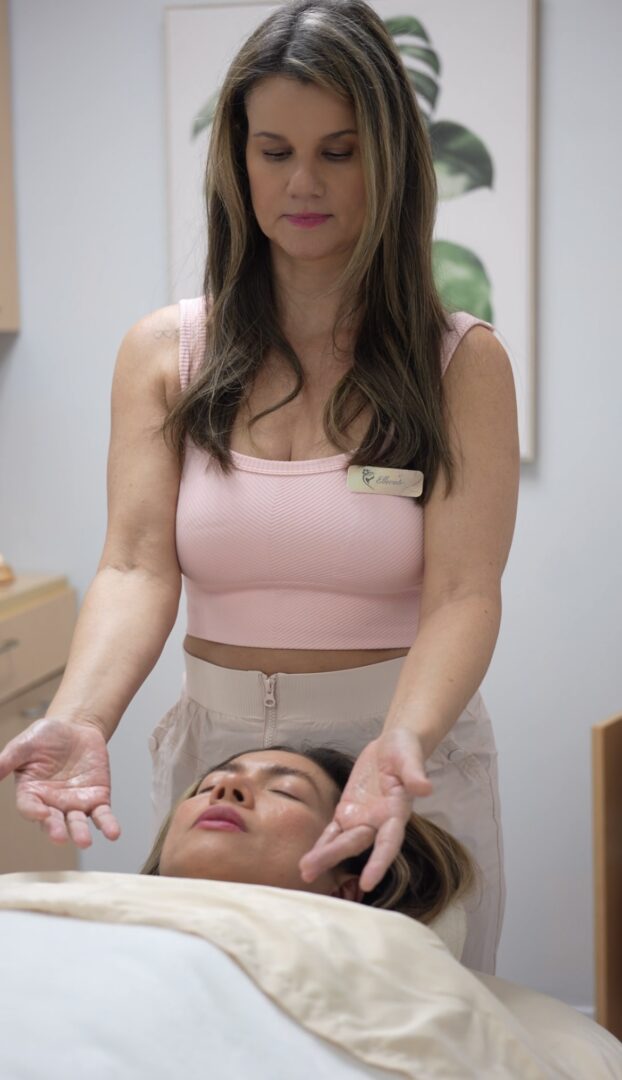
Born in a small, impoverished town in São Paulo, Brazil, Debora Martini always had the spirit of a leader. As a child, she would play the role of a boss, instinctively drawn to the power of creation and leadership. But reality was harsh, and poverty often dimmed her potential. Read More>>
Wayne Bucknor Jr.

One thing I love about creatives, or people in general, is how malleable our perspectives and values are. We live in a world where one quality can equally be a strength or a weakness, and it’s almost always based on how you yourself view it. Read More>>
Amirika Richardson
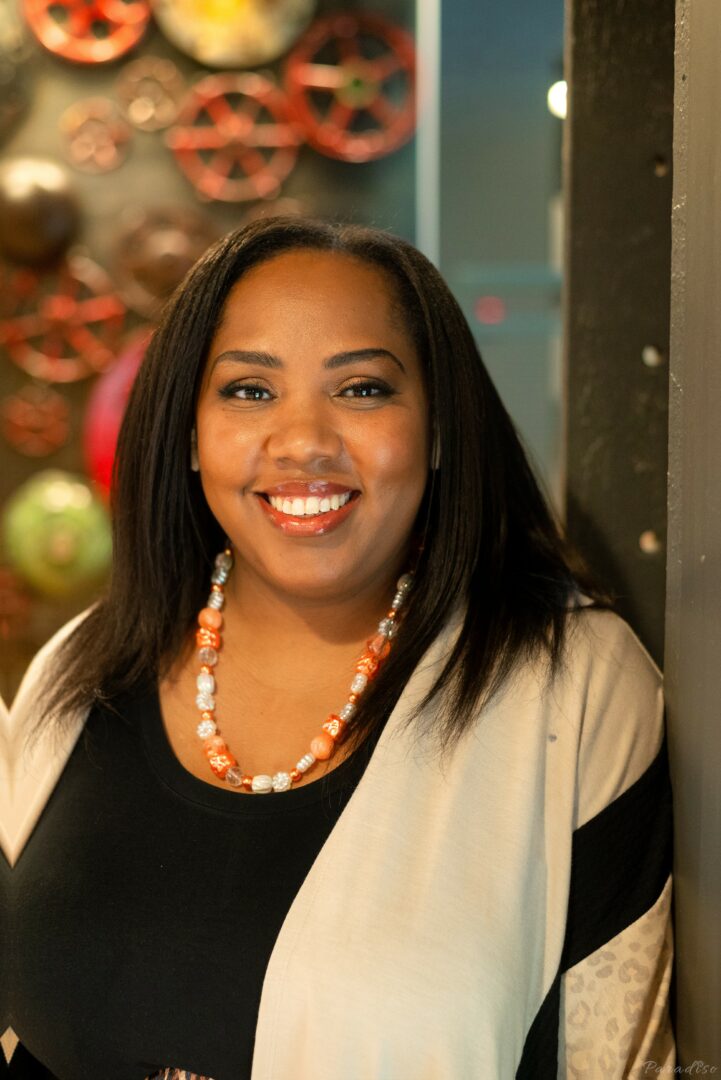
One of my favorite quotes, which I use daily when speaking to myself, children, and friends, is: “Be who you were created to be.” You cannot be anyone else, and you don’t need to be. All you have to do is be yourself. I believe in the power of simply existing. Read More>>
Ethan Raysor
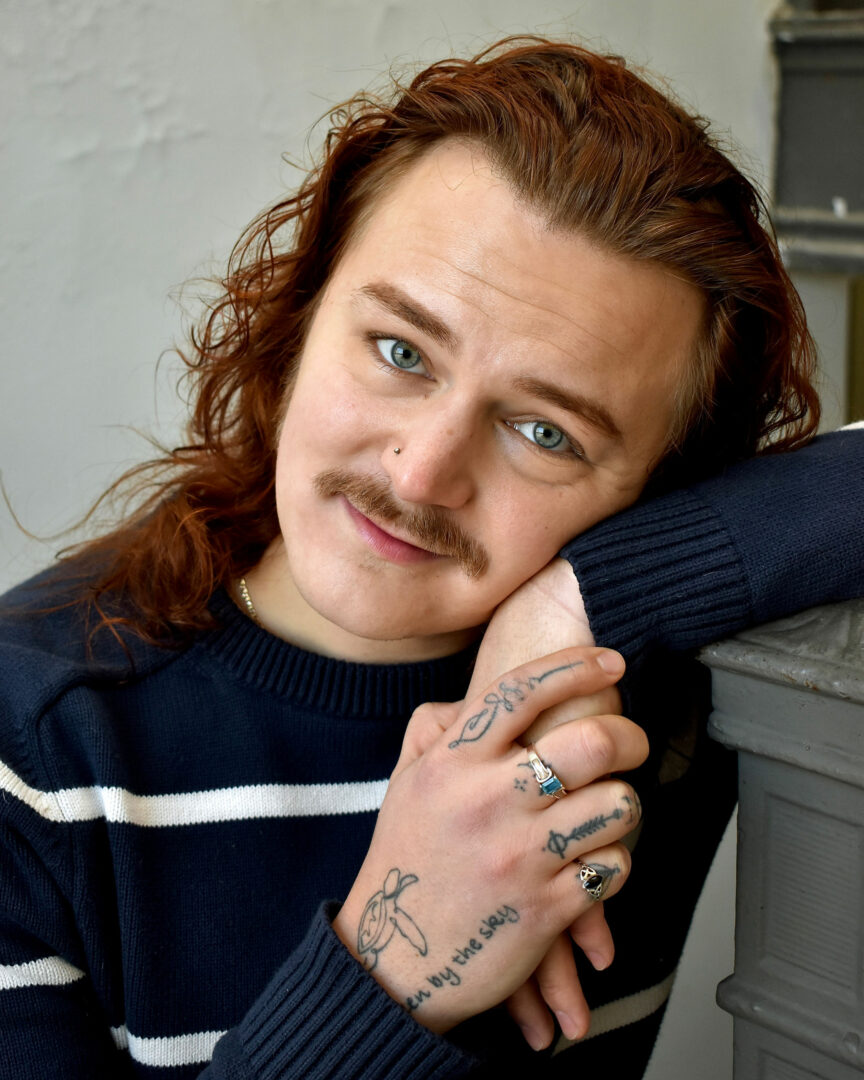
This is a great question— one that I have struggled with defining an answer for myself until the past 5-6 years. It takes a while, so don’t let it become an obstacle that you can’t climb over, instead let it be something that you learn how to climb better each time you are met with it. Read More>>
Lawanda Horton
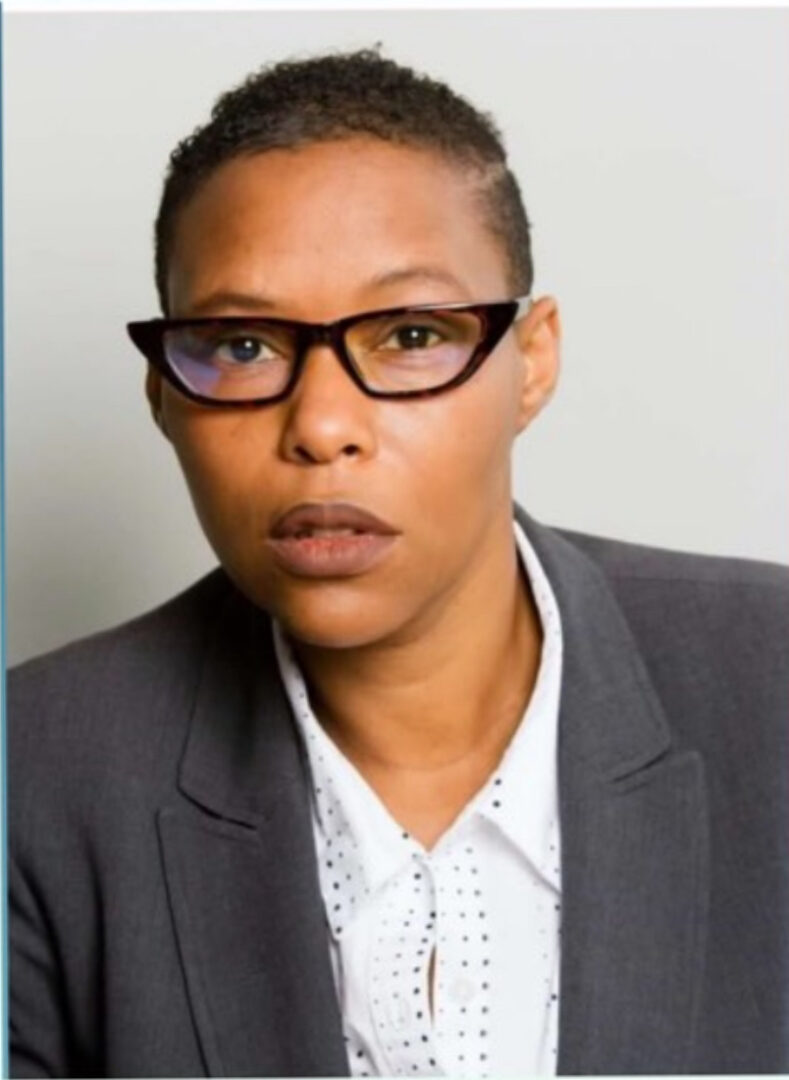
There is an unspoken nightmare many women of color experience in the workplace. The environment can be fraught with quiet hostility and micro aggressions. Being successful in a room where no one looks like you is about knowing yourself. Read More>>
Maira De Leon
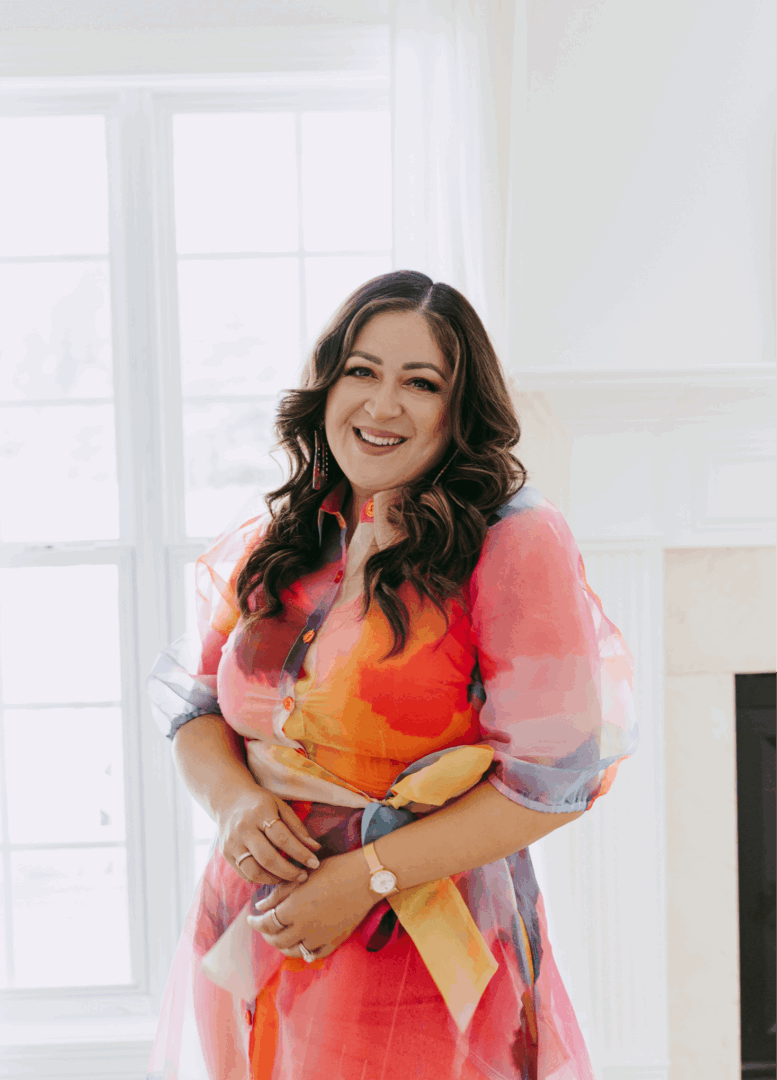
I feel this question deserves a deep, detailed answer because it has been a journey.
Being the only one in the room who looks like me? That has been the story of my life until I created Enliven Society—an organization dedicated to empowering, educating, and connecting women of all races, ages, and backgrounds, offering them a space where they can connect, grow, and thrive. Read More>>
Susie Adamson
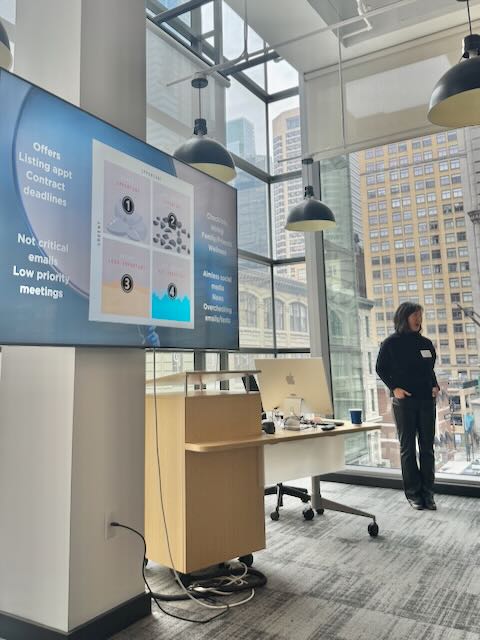
I feel a deep sense of responsibility to represent not just myself but my family, my gender, my ethnicity, my faith, etc. My cultural upbringing is not one of individualism but of the communal and familial, so it’s been ingrained in me that I do not exist or operate as an island. Read More>>
Ysabel Y. Gonzalez
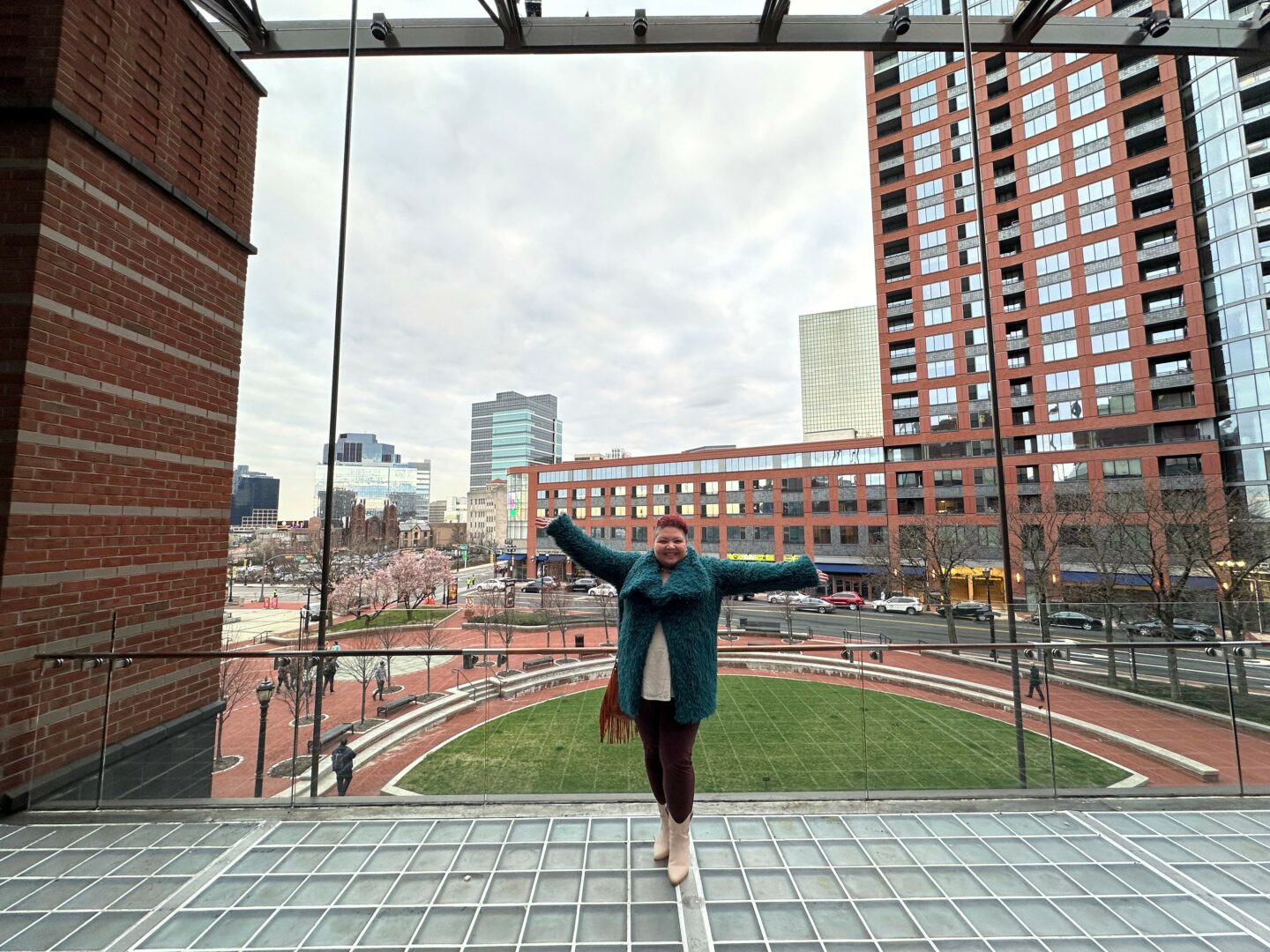
I’ve worked over ten years in the arts administrative field and another ten years in higher education–and it can be daunting when you are the only one that looks like you. And as I have climbed the ranks, particularly in the literary arts field, it is very rare to see marginalized folks, particularly from the BIPOC, queer or disabled communities in leadership roles. Read More>>
Ashley Albert
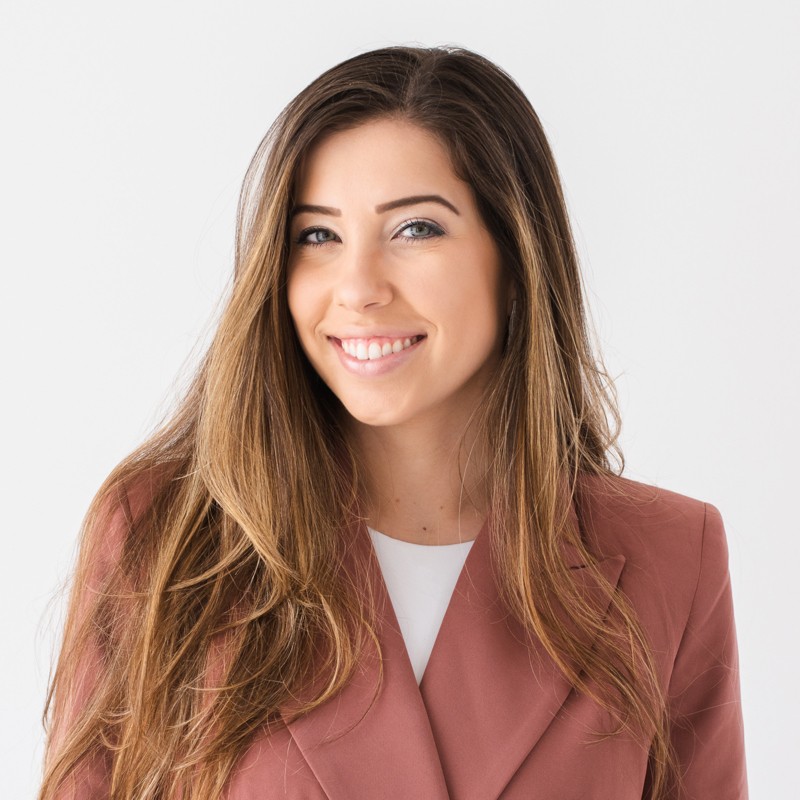
Starting my business in my mid-20s, I quickly learned that age is just a number—but proving that to others takes intentionality. In many rooms I’ve walked into, whether networking or speaking, I’ve often been the youngest person there. Read More>>
Nautica Mason
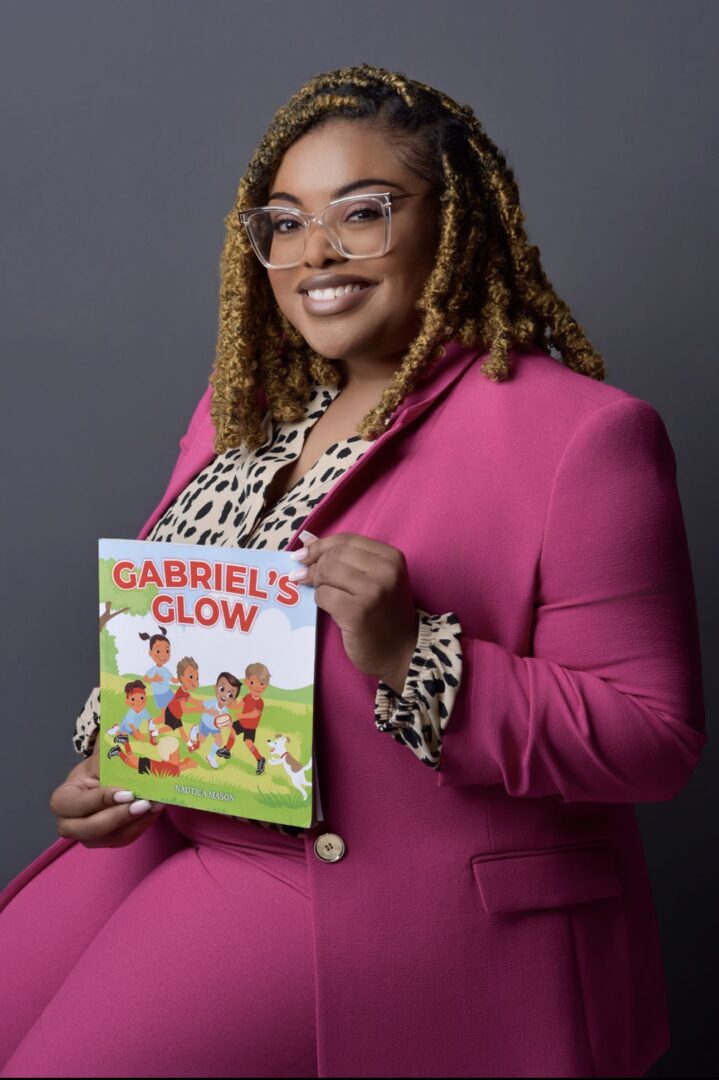
Around my last year in college, I realized that due to my work ethic, I was placed in rooms and positions where I was different from others. Sometimes I would be the youngest, sometimes I would be the only woman and sometimes I would be the only black woman. Read More>>


